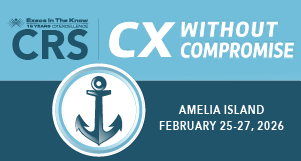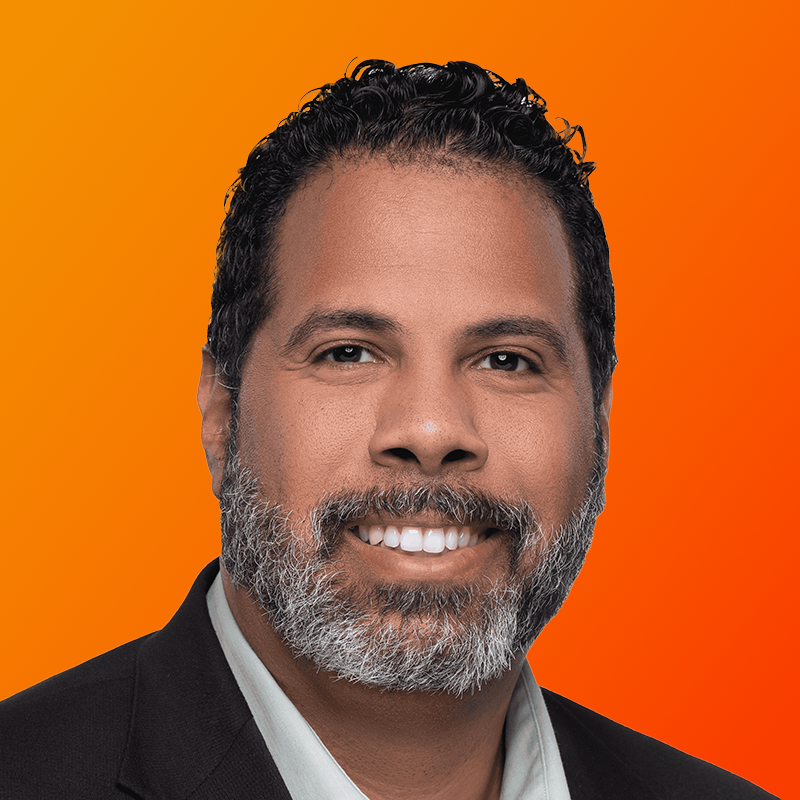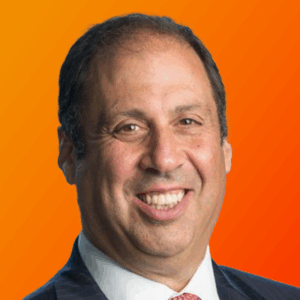Today is World Mental Health Day. Since 2013, the World Health Organization (WHO) has organized an annual, global campaign to raise awareness around the social stigma surrounding mental health.
The theme of this year’s World Mental Health Day is “Make mental health and wellbeing for all a global priority.” This campaign is an opportunity to collectively play a positive part in envisioning a world in which mental health is valued, promoted, and protected.
Many people who suffer with serious mental illness not only struggle with the symptoms and disabilities that result from the disease, but also are challenged by the prejudice and stereotypes that result from the misconceptions around mental illness.
Stigma and discrimination continue to be tough barriers to both social inclusion and access to proper care.
Whatever You’re Going Through, You’re Not Alone
The National Alliance on Mental Illness (NAMI) recently published a book titled, You Are Not Alone. It is a comprehensive guide to mental illness that includes stories from more than 130 people and caregivers about their experiences trying to get the help they need.
The aim of this book is to inform readers about mental illness, help destigmatize mental health, and to help those who are looking for resources to care for their loved ones who are seeking mental health support.
Last week on NAMI’s podcast, NAMI CEO Daniel H. Gillison Jr. spoke with NAMI Chief Medical Officer and author of the new book, Dr. Ken Duckworth, alongside three individuals whose stories are featured in the new book. You can listen to the podcast episode here.
Leading with Impact Initiative
As part of Execs In The Know’s Leading with Impact initiative, we are challenging our CX community to take a stance and become a stigma-free leader, co-worker, friend, and family member.
Learn more about our Leading with Impact campaign or our stigma-free initiative and start taking action today.
You can also download the “Navigating a Mental Health Crisis: A NAMI Resource Guide for Those Experiencing a Mental Health Emergency” here. This guide outlines what can contribute to a crisis, warning signs that a crisis is emerging, strategies to help de-escalate a crisis, available resources, and so much more.
Read previously published Execs In The Know articles on mental health:





























































 TELUS Digital
TELUS Digital ibex delivers innovative BPO, smart digital marketing, online acquisition technology, and end-to-end customer engagement solutions to help companies acquire, engage and retain customers. ibex leverages its diverse global team and industry-leading technology, including its AI-powered ibex Wave iX solutions suite, to drive superior CX for top brands across retail, e-commerce, healthcare, fintech, utilities and logistics.
ibex delivers innovative BPO, smart digital marketing, online acquisition technology, and end-to-end customer engagement solutions to help companies acquire, engage and retain customers. ibex leverages its diverse global team and industry-leading technology, including its AI-powered ibex Wave iX solutions suite, to drive superior CX for top brands across retail, e-commerce, healthcare, fintech, utilities and logistics.






















 Trista Miller
Trista Miller




























